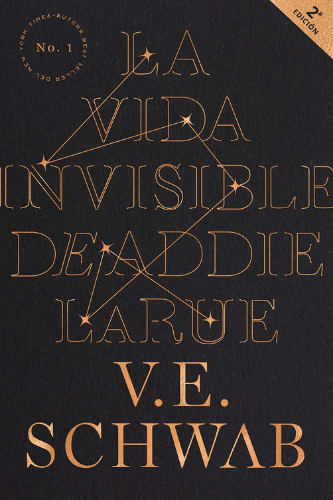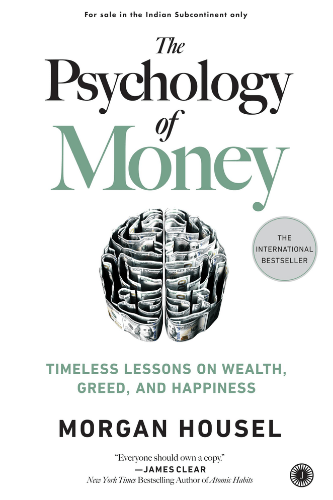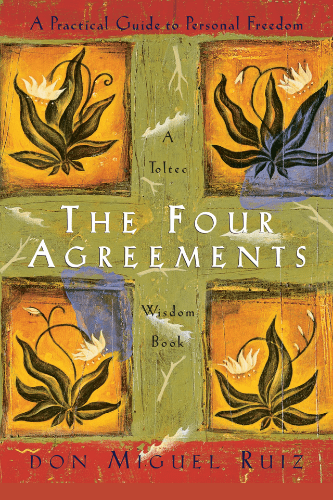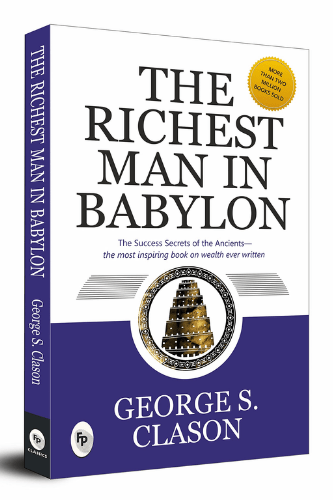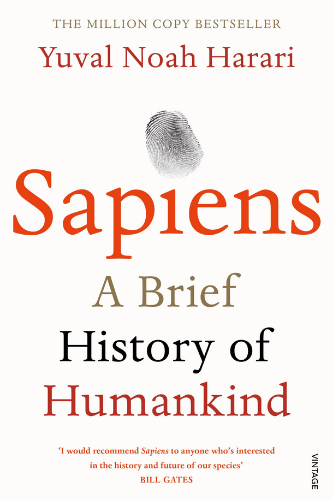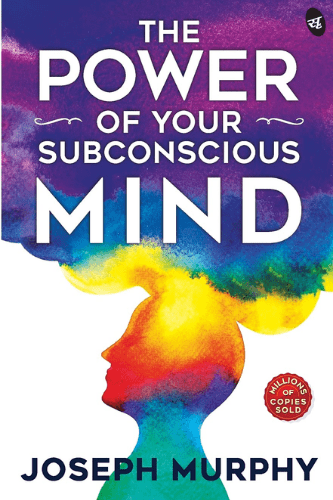The Invisible Life of Addie Larue, a historical fantasy novel by V.E. Schwab, was published in 2020. It depicts the story of Addie LaRue, a French woman in the 18th century who strikes a contract with a demonic entity to live forever. On the other hand, the arrangement comes at a heavy cost: Addie is quickly forgotten by everyone she meets. The New York Times bestseller The Invisible Life of Addie LaRue has been nominated for a Goodreads Choice Award for Best Fantasy Novel in 2020.
| Book | The Invisible Life of Addie Larue pdf |
| Author | V.E. Schwab |
| Publication | Titan |
| Language | English |
| Page | 488 |
Also Download: A Court of Mist and Fury | Harry Potter And The Prisoner Of Azkaban
Summary of The Invisible Life of Addie Larue
Love, sadness, and magic abound in “The Invisible Life of Addie Larue,” the tale of a child who is condemned to be lost to time. Addie LaRue makes a Faustian deal with a god she doesn’t know to get out of her marriage in early eighteenth-century France. As a result of being granted immortality, everyone who comes into contact with Addie will either forget about her or ignore her. Three millennia pass before she hears the tragic words “I remember you.” This book presents a compelling message about perseverance and effect packaged in engaging writing in a story about what it means to be remembered.
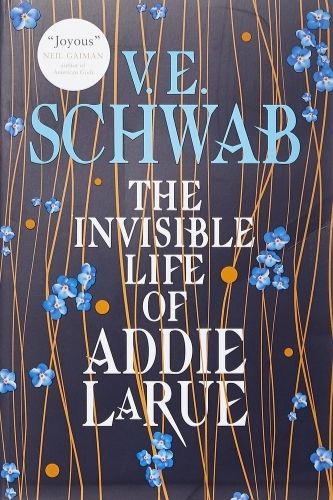
This book’s characters take it to a whole new level of perfection. The three primary characters are Luc (the cursed god), Henry, and their stories are intimately connected (the first person to remember Addie in 300 years). Addie is endearing because of her tenacity and resoluteness in the face of her curse. Addie refuses to succumb to the temptation to offer her soul to Luc to alleviate her curse and continues to explore new ways to make a difference in the world despite her circumstances. Henry, too, is a force to be reckoned with. His internal turmoil is brilliantly depicted, and it delves into the complexities of self-worth as impacted by others’ judgments. Finally, Luc is a compelling opponent who is constructed in such a manner that he may be sympathetic one minute and annoying the next. Two of the major protagonists, out of the three, are openly LGBTQ+. This is treated in a friendly and casual manner; their sexuality isn’t the main point of this story, providing readers with a fantasy tale where LGBTQ+ characters may be themselves. Aside from the book’s triad, there are a few notable secondary characters that might have been more developed and dynamic, but the main three are so compelling that this flaw can be overlooked.
A nonlinear chronology juxtaposes the major story with flashbacks of Addie’s early days of immortality, revealing the characters’ intricate connections and complexities. Furthermore, although the novel concentrates on Addie’s point of view and the development of her character, numerous flashbacks that examine Henry’s history build out his characterisation. Jumping between periods is seldom a problem. With each part, Schwab perfects the balance between providing enough answers to please readers while also posing enough new questions to keep them guessing — to the point where the story’s rhythm and organisation make it difficult to put down.
The pace of the narrative, as well as the imagery and word choice, give it a magical cadence. Even though this novel is far more character-driven than plot-driven, Schwab’s innovative narrative approach benefits from this disparity. The narrative remains grounded in its well-explored and relatable issues, despite the fanciful parts that make it amusing and lovely. As Addie tries to leave a footprint via art and music despite her curse’s constraints, the reader is taught a subtle lesson about making the most of one’s time. A book about finding the resolve to keep living through times of suffering to discover moments of success is a must-read, especially in light of the events of the previous year.
The book’s most important message is best summed up by the titular heroine herself. “Ideas are wilder than memories,” Addie remarks, as she realises that the only way for her to make an influence is via encouraging artists. Even if the riveting specifics of Addie’s narrative are forgotten, the concepts it conveys about art, life, and memory are timeless.
Addie Larue, 23, is to marry a widower with three children in the French town of Villon-sur-Sarthe in 1714. A stranger with black hair and green eyes approaches her just as the sun starts to go beyond the horizon and offers to help her out. Addie will offer her soul to the stranger the day she grows too exhausted or bored with life to continue.
Addie discovers a big limitation to her immortal life once the stranger granted her request: no one kept a memory of her in their mind. Worse, she is unable to form new or reignite existing connections since if she is apart from someone for a second, that person forgets about her. Addie’s words and drawings vanish whenever she attempts to write, draw, or otherwise leave her imprint. Finally, even though Addie cannot die, she still suffers from hunger, cold, and injury.
The stranger, whom Addie subsequently calls Luc, wants her to succumb after a year and reject her new life’s extreme misery. She spends most nights on the streets of Paris for the first year, subsisting on stolen food and eking out a meagre living as a sex worker. She effectively freezes to death during her first winter after the transformation, only to awaken hours later in a cart laden with dead bodies.
When she refuses to give up, Addie ultimately learns how to navigate the world without succumbing to loneliness or hunger. It is Addie’s greatest challenge in life because she is unable to develop long-term relationships. The worst are the mornings the following sex when her lovers wake up and don’t recognise her. She learns to cope by acting as a muse, and she leaves her imprint on the works of many notable artists and musicians throughout the years.
Luc visits Addie virtually every year on the anniversary of her curse. He begs her to cooperate every time, but she refuses. Addie learns to regard Luc with some love as the decades and centuries pass, considering that he is the only being that remembers her.
After Addie steals a book from his store, a young bookseller called Henry recalls her; it is the first and only time anybody has remembered her in three millennia. For a few weeks, Addie and Henry had an ideal relationship until she realises why Henry remembers her: he, too, struck a bargain with Luc. Henry’s then-girlfriend turned down his marriage proposal over a year ago. He struck a pact with Luc to be adored by everyone who encounters him for a year while he was suicidal. He will surrender his life and soul to Luc at the end of the year. Henry barely has 36 days left by the time Addie finds out.
On what should be Henry’s last night, Addie informs him that she and Luc have struck a new deal: she will be Luc’s only love partner for as long as he wants her. Henry will be allowed to live out his natural life in return. Addie and Henry are never seen again. Meanwhile, Addie privately pledges to drive Luc insane to the point where he no longer wants to be with her, no matter how long it takes.

